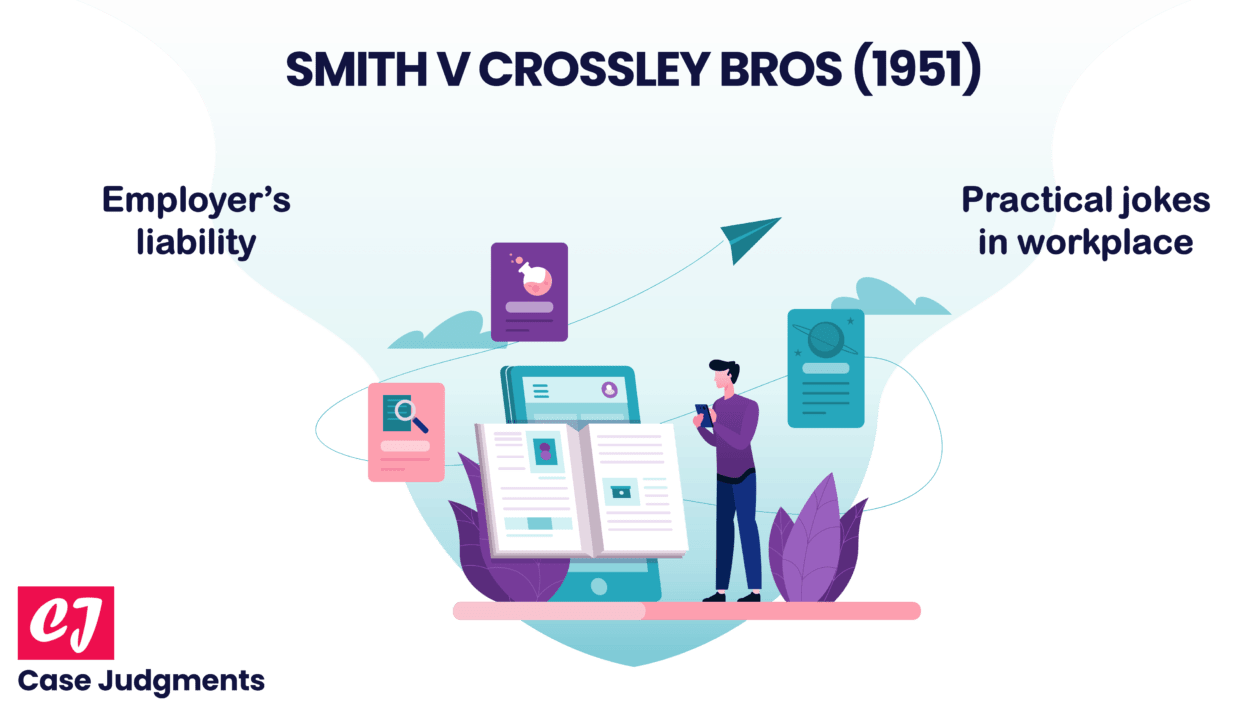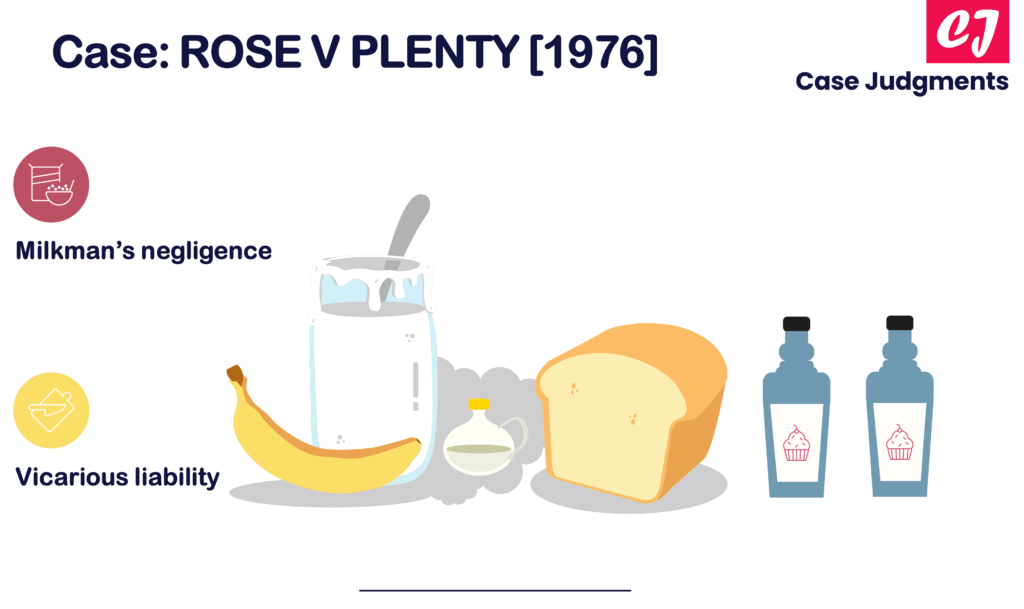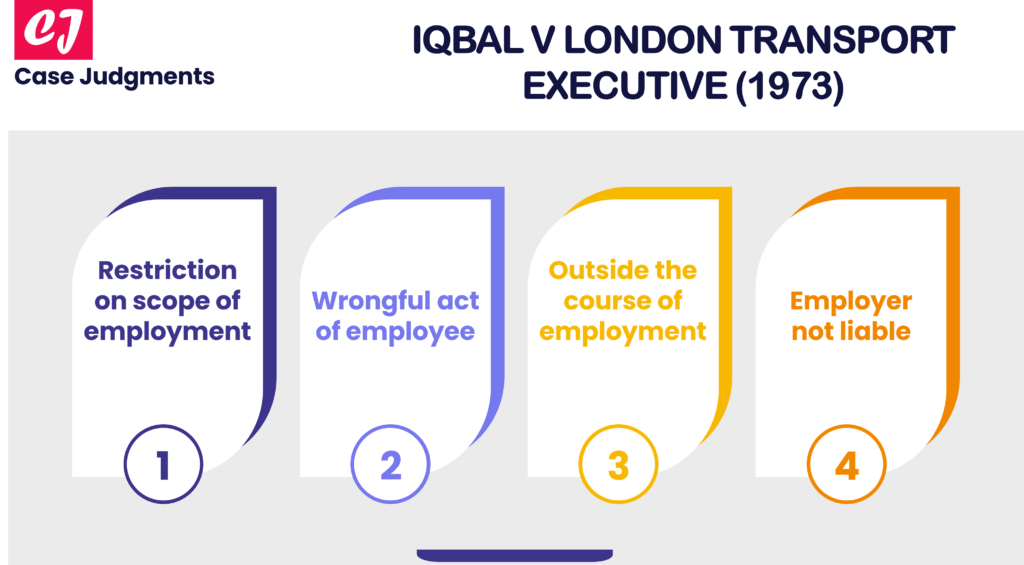
A Quick Summary of Smith v Crossley Bros (1951)
Case name & citation: Smith v Crossley Bros Ltd (1951) 95 SJ 655
Court and jurisdiction: The Court of Appeal, England and Wales
Year of the case: 1951
Area of law: Employer’s liability
What is the case about?
Smith v Crossley Bros (1951) is a tort law case that concerns employers’ liability with regard to workplace pranks.
The majority of the time, workplace pranks are harmless fun, however, there are times when a joke played at work can have serious repercussions, not only for employees but also for their employers. They can lead to serious injury as well as legal action for which the employer could be liable. In this regard, it goes without doubt that employers owe a duty of care towards their employees including a duty to provide a competent workforce, to provide a safe place of work, etc.
But can an employer be exempted from such a liability? This case gives an example.
Case facts (Smith v Crossley Bros)
Two apprentices decided to play a “practical joke” on a co-worker by taking off his trousers and putting a rubber hose into his bottom. The rubber hose expelled compressed air and it caused serious injury to the co-worker. He sued his employer.
Issue
Could the employer be held liable for the injury caused to his employee?
Judgment of the Court in Smith v Crossley Bros
The Court of Appeal concluded that the employer was not responsible for the injuries that were sustained as a result of the unpredictable actions of the apprentices. This was due to the fact that there was nothing the employer could have done to prevent the injuries that were sustained.
This was an isolated act, and the employer, therefore, had no reason to suspect that the apprentices would behave in such a manner.
A contrasting view
It may be worth noting here that the courts took a contrasting view in the case of Hudson v Ridge Manufacturing Co Ltd [1957]. In this case, a colleague broke an employee’s wrist when he wrestled him to the ground as a practical joke. The colleague had a reputation for being a practical joker and playing pranks. This fact had been known to the employer for years. The employers were liable because they were aware of this potentially dangerous behaviour for some time but had failed to prevent it.
List of references:
- https://www.personneltoday.com/hr/april-fools-day-workplace-pranks-go-wrong/
- https://iuristebi.files.wordpress.com/2011/07/law-for-non-law-students.pdf
You might also like:
More from tort law:
- Lister v Romford Ice & Cold Storage Co Ltd [1957]
- Beard v London General Omnibus Co [1900]: A Quick Summary
- Twine v Bean’s Express Ltd (1946): A Case Summary
Hope you found this helpful!

